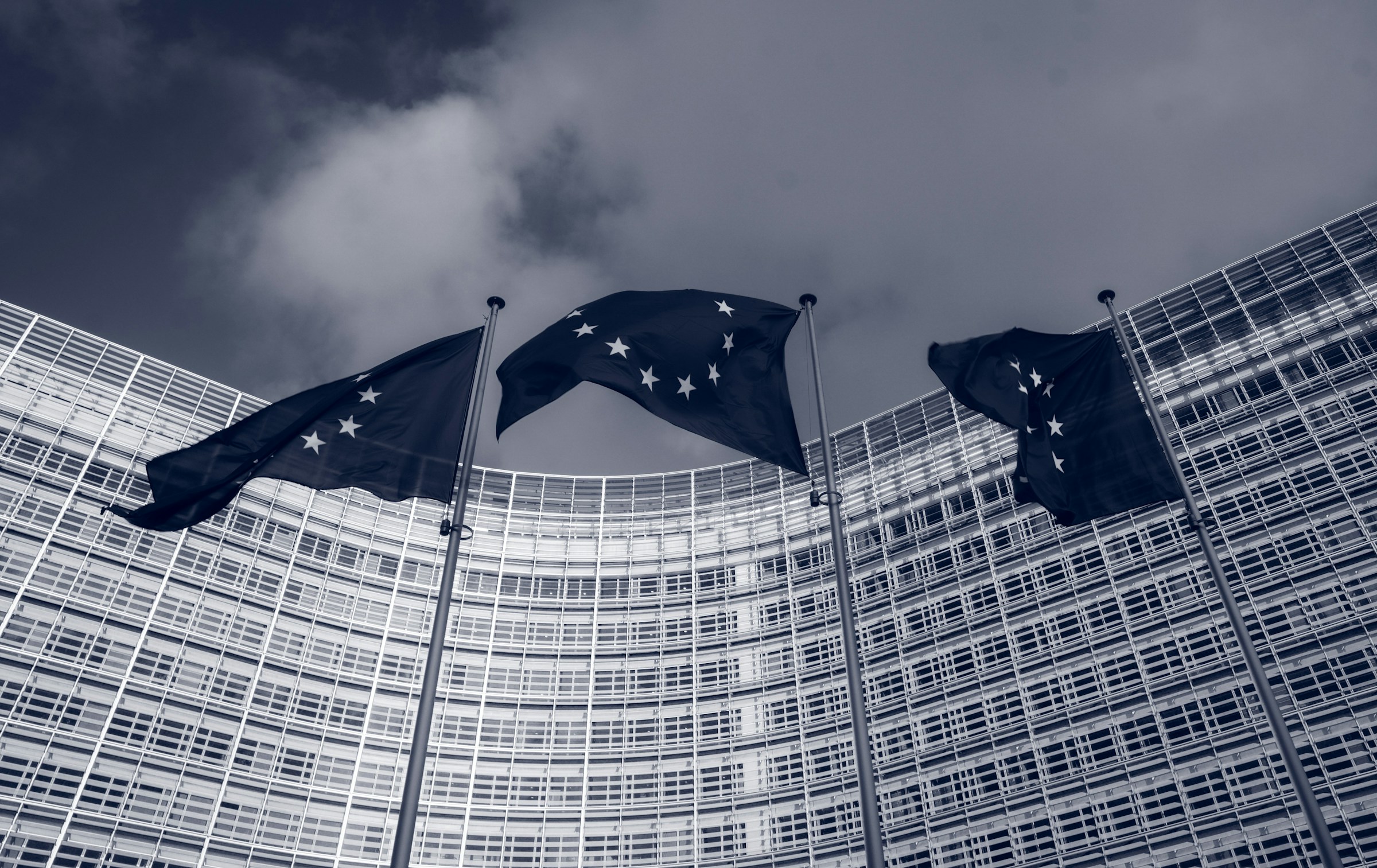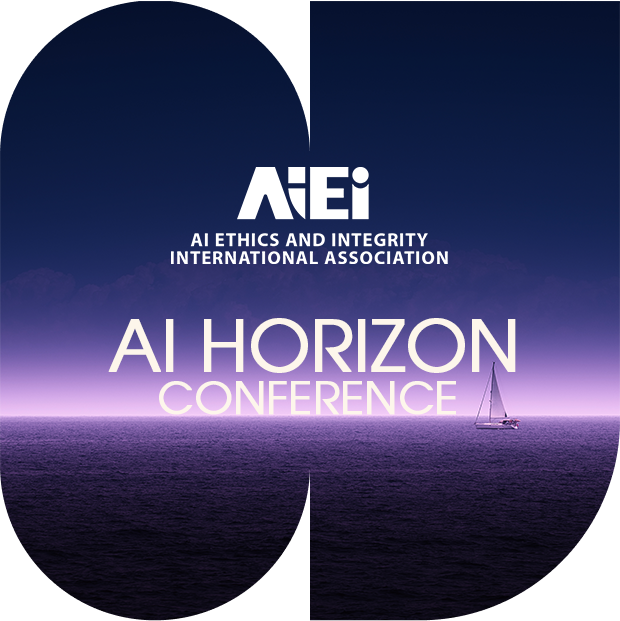AIEI participated in the creation of the General-Purpose AI Code of Practice

In July 2025, the European Commission finalized the General-Purpose AI Code of Practice, the first voluntary document that sets standards for the responsible use of general-purpose artificial intelligence systems such as ChatGPT, Gemini, or Claude. The Code is an important step towards the implementation of the EU Artificial Intelligence Act (AI Act), which entered into force in 2024. It reflects the EU’s commitment to harmonizing innovation and ethical standards in the AI sector.
The Code offers clear guidelines to ensure transparency, copyright compliance, and security when using high-risk AI models. It is designed to help organizations adapt to new regulatory requirements, contributing to building trust in AI technologies within the European legal space.
More than 1,400 experts, including representatives of technology companies, academia, and civil society, contributed to the development of the document. President of the AI Ethics & Integrity International Assocaiation (AIEI), Sergiy Barbashyn, who is also an AI legal expert at the Barbashyn Law, joined the process of analysis and expert discussion, sharing his experience at the intersection of law, ethics and regulation of new technologies.
This document not only strengthens the EU’s position as a leader in AI regulation but also sets the tone for a global dialogue on responsible technology development. The article analyzes the key aspects of the Code, the process of its creation, and its significance for the formation of the European and international legal framework in the field of artificial intelligence.
General-Purpose AI Code of Practice in the EU: Harmonization with European Values and Standards
The General-Purpose AI Code of Practice, initiated by the European Commission, is a voluntary instrument aimed at supporting companies in complying with the EU Artificial Intelligence Act (AI Act), which entered into force in 2024 and is being implemented gradually, with provisions for general-purpose AI systems applying from August 2, 2025.
The document reflects the European approach to AI regulation, emphasizing the ethical, transparent and safe development and application of general-purpose artificial intelligence (GPAI) systems, such as large language models (ChatGPT, Gemini, Claude). The Code offers practical recommendations for ensuring transparency, security, and respect for copyright, promoting responsible innovative development of AI within the framework of European values. While the Code is not legally binding, its adoption helps organizations achieve legal clarity and facilitates compliance with the AI Act. In addition, it sets high standards that can serve as a benchmark for global AI governance, facilitating the integration of European principles into global practice.
The process of creating the Code through the prism of European approaches to integration and regulation
The development of the Code lasted for a year and ended on July 10, 2025 with the publication of the document. The process was coordinated by the European Artificial Intelligence Office (EU AI Office) in the spirit of the European principles of openness, inclusiveness and multilateral cooperation. Around 1,400 stakeholders were involved, including representatives of the technology industry, academia, civil society, and small and medium-sized enterprises, reflecting the EU’s commitment to broad representation. Activities were conducted in four working groups led by leading AI experts, emphasizing the European emphasis on an evidence-based approach.
The drafting process was in line with the European values of transparency and democratic dialogue, but was not without its challenges. Some participants, in particular representatives of small companies, expressed concern about the limited influence they had on the final text, indicating the difficulty of balancing different interest groups. In the later stages, a lack of transparency was also noted, sparking debate in the tech community. Despite these challenges, the Code has become an important step in the implementation of the European approach to AI regulation, which combines inclusiveness, responsibility, and the desire to harmonize technological progress with social values.
The main provisions of the General-Purpose AI Code of Practice focus on ensuring the ethical, safe and responsible development of AI technologies that comply with the principles of transparency, human rights and the rule of law:
- Data transparency and compliance with GDPR principles
To ensure trust and compliance with European data protection standards, AI companies are required to provide full information about the sources of data used to train models, including methods of data collection, processing, and categorization. The Code emphasizes the need to minimize bias in models that may lead to discrimination by implementing mechanisms to detect and eliminate unacceptable content. This is in line with the requirements of the EU General Data Protection Regulation (GDPR) regarding the lawfulness of data processing. Companies should use automatic moderation tools, analytics and document their processes, ensuring reproducibility and auditability in accordance with European transparency standards.
- Respect for intellectual property and European copyright
The Code establishes clear obligations to comply with European copyright law, in particular the EU Copyright Directive on the Digital Single Market. AI developers must implement policies and technical solutions, such as content filtering algorithms and data provenance systems, to prevent unauthorized reproduction of copyrighted material. AI models that generate text, images, or music should be designed to avoid infringement of intellectual property rights. The Code encourages cooperation with rights holders to ensure transparency and legitimate use of their materials, contributing to the development of the EU digital market.
- Security, risk management and protection of the public interest
For AI models classified as high-risk due to their potential impact on public safety or economic stability, the Code requires compliance with the European risk management framework, including the upcoming AI Act. Companies are required to conduct regular risk assessments, testing models before release and after updates to prevent the creation of dangerous content, such as disinformation or instructions for illegal activities. In case of serious incidents, companies must promptly notify the European Artificial Intelligence Office (with a timeframe of 2 to 15 days depending on the severity), which is in line with the EU’s rapid response principles. The Code also emphasizes cooperation with system providers to ensure security at all stages of the AI life cycle.
- Standardization and harmonization of risk assessment
The Code provides for the development of standardized risk assessment methodologies that are in line with European approaches to technology regulation. This includes clear criteria for identifying systemic risks and recommendations for minimizing them. Companies should implement real-time monitoring systems to detect anomalies in model behavior, which promotes harmonization with European safety and accountability standards.
Thus, the General-Purpose AI Code of Practice reflects the European values of transparency, human rights protection, and innovation, facilitating the integration of AI technologies into the EU’s digital single market.
Conclusions
The General-Purpose AI Code of Practice is a key element in the formation of an ethical and safe framework for the development of AI in the context of European approaches to integration with the EU. It helps to harmonize companies’ activities with the requirements of the Artificial Intelligence Law, increasing public confidence in AI technologies.
Such processes are important for achieving a balance between innovation and the protection of fundamental European values, including security, transparency, and human rights. They also emphasize the importance of international cooperation and the involvement of different stakeholders to develop global AI governance standards that are in line with European principles.
My participation in the analysis of this process confirms the importance of joint efforts in shaping the future of artificial intelligence in line with European standards and values.
AI Horizon Conference
The AI Horizon Conference brought together entrepreneurs, investors and industry leaders in Lisbon to discuss key trends and shape the future of AI.

 Bern
Bern
 Lisbon
Lisbon
 New York
New York

